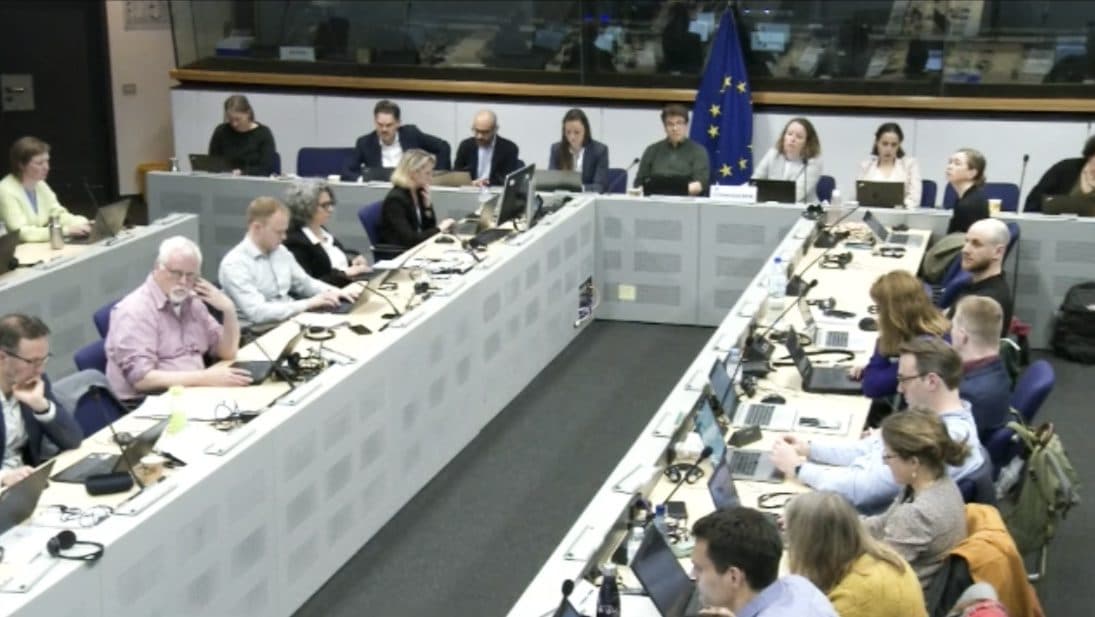April 2024 marked a significant milestone in the road towards climate neutrality by 2050, with the formal approval by the European Parliament of the political agreement on the Carbon Removals Certification Framework (CRCF). The CRCF aims to set an EU-wide voluntary framework for the certification of high-quality carbon removals and soil emission reductions from activities within the land use and forestry sectors in the EU, and in this way seeks to promote new business models around carbon removal technologies and practices. Moreover, the goal is to create a transparent and credible certification scheme that brings benefits for climate and farmers while protecting biodiversity and preventing greenwashing.
The agreement recently reached between the European Parliament and the Council of the EU introduced significant changes compared to the original CRCF proposal from late 2022. The most important difference for carbon farming is that a distinction is now made between carbon units. From one side, there will be carbon sequestration units that (specifically for farming) are not considered permanent but temporary, and from the other the CRCF will recognise soil emission reduction units (e.g., from more efficient use of fertilisers or peatland rewetting).
In parallel to the political agreement, a technical debate is ongoing to define how to implement the CRCF Regulation and how to overcome the current challenges associated with the certification of carbon farming. Under the guidance of the Directorate-General for Climate Action of the European Commission (DG Clima), the Commission will work now on the details by elaborating delegated acts. MARVIC is contributing to this process by participating in technical focus groups and providing specific input to DG Clima, for example by giving advice on the calculation of standardised baselines, where results from the Joint Research Center (JRC) will be compared with results from the MARVIC test cases.
In this context, the 4th EU Carbon Removals Expert Group Meeting took place both online and in person in Brussels from April 15 to 17, 2024. The event, organised by DG Clima, brought together experts in the field to discuss critical aspects of carbon removal technologies and strategies, with many MARVIC team members having a prominent role in steering the conversations. Key topics discussed were the processes for certification, verification, and registry management of carbon removal projects, highlighting the need that the CRCF can reliably quantify and certify carbon removals to enhance transparency and trust in carbon markets. Furthermore, technical criteria such as quantification, baseline and additionality, monitoring, liability, and sustainability were discussed.
Tristano Bacchetti De Gregoris, member of MARVIC and also coordinator of the project Credible, presented the key messages from the first European Carbon Farming Summit at the meeting, highlighting three elements that are important for the raise up of trustable carbon farming markets and policies. The first aspect underscored at the Summit is the need to develop carbon standards, or at least a specific vocabulary, that fit the characteristics of biogenic carbon and the agricultural sector. The concept of permanence for example, just doesn't fit carbon farming. Second, to favour the creation of carbon farming projects, it could be more effective to focus on broader sustainability benefits than on carbon alone. In fact, it seems that farmers do not value significantly carbon units and have a more holistic view on the impact of changing practices, which suggests that a message that goes well beyond the monetization of carbon stocks could be more impactful. Finally, the community needs to embrace a vision of carbon farming as a tool for agricultural transformation. By communicating that there is a bigger ambition towards making food systems and rural communities more sustainable and resilient, the sector can inspire stakeholders in trusting the system. Carbon farming seen as an opportunity for finance alone will not be sufficient.
These insights capture the conversations made during the Summit, but also the progress made by MARVIC and the active participation of many of its partners in the activities of the Focus Groups coordinated within Credible. The Commission has shown a high appreciation for the continuous support from the scientific community towards further development of the CRCF regulation and its delegated acts.

